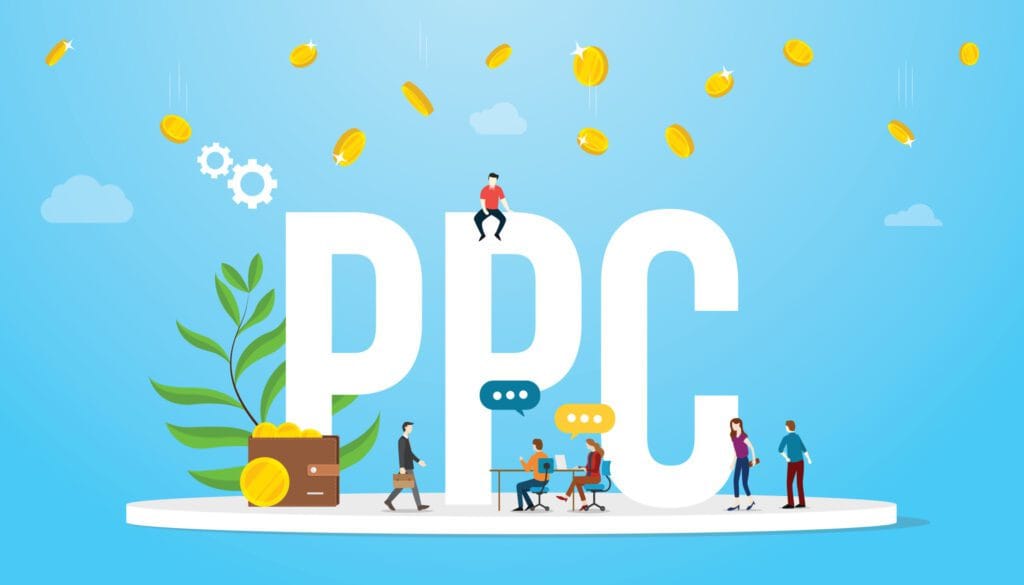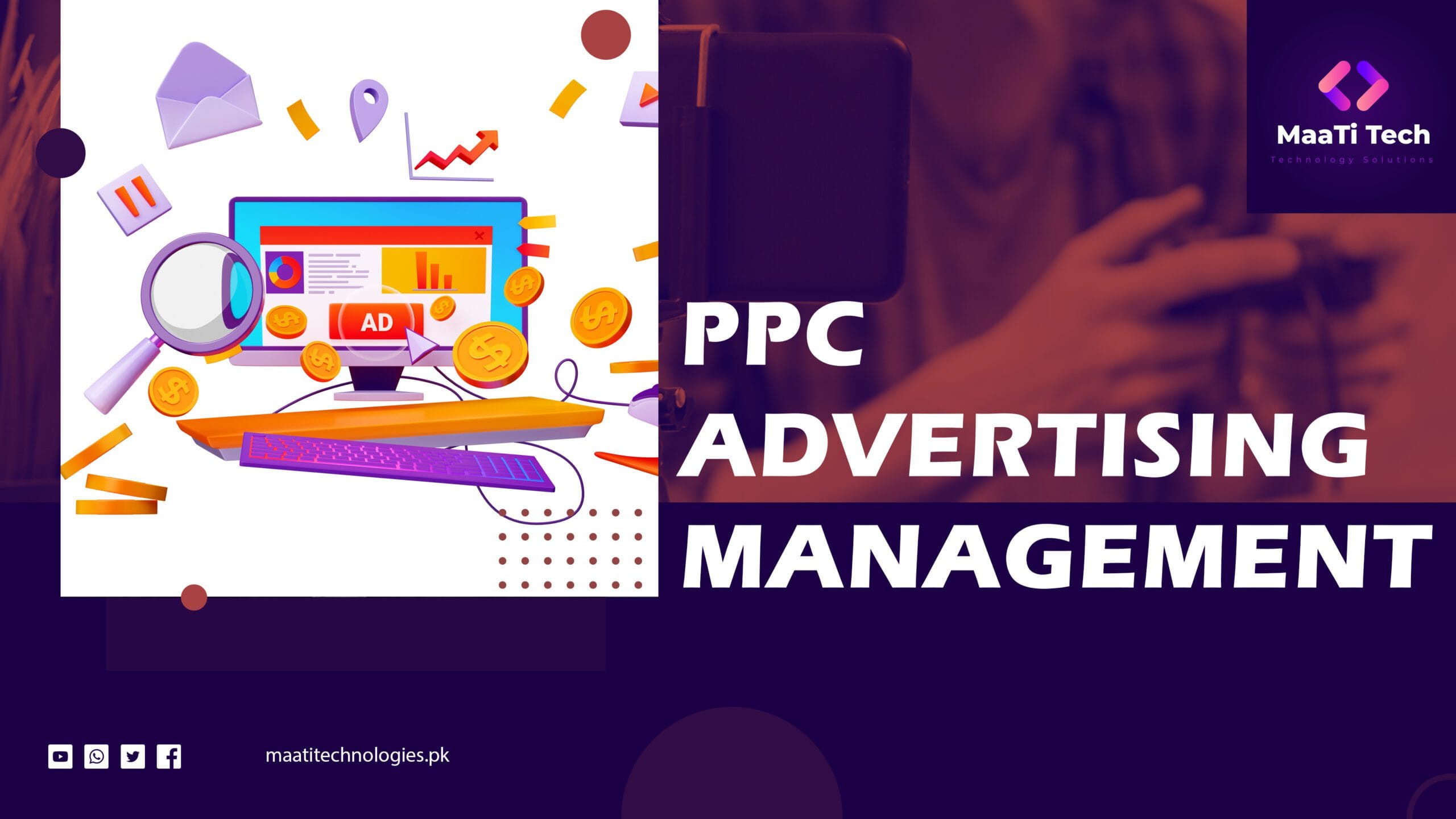Mastering PPC Advertising Management: A Comprehensive Guide
In the rapidly evolving world of digital marketing, Pay-Per-Click (PPC) advertising has emerged as one of the most effective ways to drive traffic, generate leads, and increase sales. However, managing a successful PPC campaign requires more than just setting up ads and hoping for the best. It involves a strategic approach, constant monitoring, and an in-depth understanding of your audience. In this comprehensive guide, we’ll dive deep into PPC advertising management, covering everything from the basics to advanced strategies that can help you optimize your campaigns for maximum ROI.
Table of Contents
What is PPC Advertising?
PPC advertising is a model of internet marketing where advertisers pay a fee each time one of their ads is clicked. Essentially, it’s a way of buying visits to your site rather than attempting to “earn” those visits organically. Search engine advertising is one of the most popular forms of PPC, allowing advertisers to bid for ad placement in a search engine’s sponsored links when someone searches for a keyword related to their business.

Why PPC Advertising Management is Crucial
Effective PPC management is critical because it directly impacts your advertising costs and return on investment (ROI). Without proper management, you might end up spending more money on clicks that don’t convert, thereby reducing your profitability. On the other hand, a well-managed PPC campaign can drive high-quality traffic to your website, resulting in increased conversions and sales.
Key Components of PPC Advertising Management
- Keyword Research: The foundation of any successful PPC campaign is thorough keyword research. You need to identify the right keywords that your potential customers are searching for. Tools like Google Keyword Planner, SEMrush, and Ahrefs can help you discover high-performing keywords relevant to your business.
- Ad Creation: Once you’ve identified your keywords, the next step is to create compelling ads that will attract clicks. Your ad copy should be clear, concise, and include a strong call to action (CTA). It’s also important to ensure that your ad is relevant to the keyword it’s targeting.
- Landing Page Optimization: The landing page is where users are directed after clicking on your ad. It’s crucial that your landing page is optimized for conversions. This means it should be relevant to the ad, load quickly, and include a clear CTA.
- Bid Management: Bid management involves setting and adjusting your bids for keywords to ensure that you’re getting the best possible ROI. This can be done manually or through automated bidding strategies offered by platforms like Google Ads.
- A/B Testing: A/B testing, or split testing, is the process of comparing two versions of an ad, landing page, or other campaign elements to see which performs better. Regular A/B testing can help you optimize your PPC campaigns for better performance.
- Performance Monitoring: Continuous monitoring of your PPC campaigns is essential to ensure they’re performing as expected. Tools like Google Analytics and Google Ads provide detailed insights into your campaign’s performance, allowing you to make data-driven decisions.
- Reporting and Analysis: Regular reporting and analysis are crucial for understanding the effectiveness of your PPC campaigns. This involves tracking metrics like click-through rate (CTR), conversion rate, cost per conversion, and return on ad spend (ROAS).
Advanced PPC Strategies
- Remarketing: Remarketing involves targeting users who have previously visited your website but did not convert. This strategy helps keep your brand top-of-mind and encourages users to return and complete a purchase.
- Geotargeting: Geotargeting allows you to focus your ads on users in specific locations. This is particularly useful for businesses with a local or regional focus.
- Ad Extensions: Ad extensions are additional pieces of information that can be added to your ads, such as your business’s phone number, address, or additional links. Ad extensions can improve your ad’s visibility and increase its CTR.
- Negative Keywords: Negative keywords are keywords that you don’t want your ads to show for. Adding negative keywords to your campaigns can help you avoid irrelevant clicks and improve your ROI.
- Automation: Automating certain aspects of your PPC campaigns, such as bid adjustments and ad scheduling, can save time and improve efficiency. Google Ads offers various automation tools that can help optimize your campaigns.

FAQs
Q1: What is PPC advertising?
A1: PPC advertising is a digital marketing model where advertisers pay a fee each time their ad is clicked. It’s a way of buying traffic to your website rather than earning it organically.
Q2: Why is PPC management important?
A2: PPC management is crucial because it helps optimize your ad spend, ensuring that your ads reach the right audience and generate the best possible ROI.
Q3: How can I improve my PPC campaign’s performance?
A3: Improving your PPC campaign’s performance involves thorough keyword research, creating compelling ads, optimizing your landing pages, and continuously monitoring and adjusting your campaigns.
Q4: What are negative keywords?
A4: Negative keywords are keywords that you don’t want your ads to show for. They help prevent your ads from appearing in irrelevant searches, thus saving you money on wasted clicks.
Q5: What is A/B testing in PPC?
A5: A/B testing, or split testing, involves comparing two versions of an ad or landing page to see which one performs better. It’s an essential strategy for optimizing your PPC campaigns.
Conclusion
PPC advertising management is a complex but rewarding aspect of digital marketing. By understanding the key components of PPC management and implementing advanced strategies, you can create effective campaigns that drive traffic, increase conversions, and maximize your ROI. Whether you’re new to PPC or looking to refine your existing campaigns, this guide provides the insights and strategies needed to succeed in the competitive world of PPC advertising.



